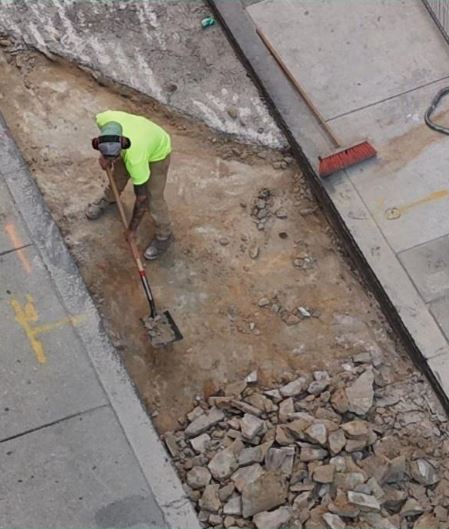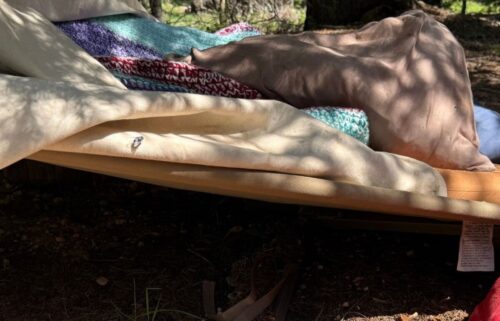Philadelphia’s Camac Street returning to its roots, when it was paved in wood

Philadelphia is getting part of its history back. It was recently announced that Camac Street
By Howard Monroe, Bill Seiders
Click here for updates on this story
PHILADELPHIA (KYW) — Philadelphia is getting part of its history back. It was recently announced that Camac Street, a small, historic street in Center City, will be returning to its roots and will be repaved in wood.
While most streets today are either concrete or asphalt, back when Philly was founded, most streets were dirt or wood. Now, Camac Street is going back in time.
“I think one of Philadelphia’s magical elements is the skillful blend of old and new. So, we have 300 years of American architectural history and new construction, new architecture mixed to make Philadelphia a very appealing city,” said Paul Steinke, the executive director of the Preservation Alliance of Greater Philadelphia.
Work has already begun to rehabilitate the 200 block of Camac Street, between Locust and Walnut streets, to get it back to its roots.
The Preservation Alliance of Greater Philadelphia says after many repairs over the years, the wood was removed and replaced with asphalt in 2015 when much of Center City was spruced up for Pope Francis’ visit to Philly.
Today the street is closed off to vehicle traffic and is little more than an alley. But that will soon be changing as the wood will be restored, making it the only street in Philly, and one of a few in the country, that is paved with wood. There is only one other wood street in Pennsylvania.
Black Locust wood was selected for the project because it’s naturally rot resistant, according to the Streets Department.
“It’s a type of paving material that dates back to the horse and buggy days and Philly is a historic city. Most of the city was built in those days,” Steinke said. “So, this is an opportunity to preserve a piece of the past. A kind of street paving material that is hard to find anywhere else that once used to be common.”
The city’s Streets Department says the work is part of a $1.2 million project that includes restoring other historic streets in Philly, including East Mermaid Lane and Winston Road in Chestnut Hill and Waverly Street near 15th Street in Center City.
They say it should be completed by the end of the year. And the city says it considered things like drainage in its design concept.
Please note: This content carries a strict local market embargo. If you share the same market as the contributor of this article, you may not use it on any platform.



